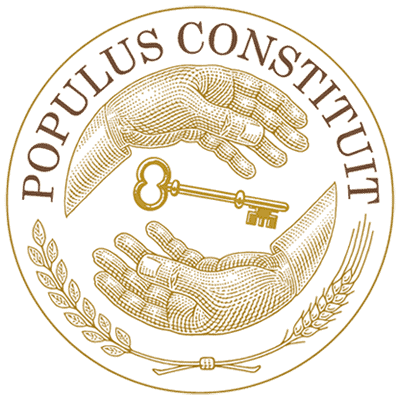I’ve been browsing around SharkRepellent.net for a few minutes a day for a few days. Unlike many of the sites I discuss, this one costs money to access but for many the cost may be well worth it. SharkRepellent offers in-depth research the takeover defense strategies of US public companies.
If you need to research charter and bylaw provisions, poison pill provisions, state takeover statutes, SharkRepellent is a great resource, with over 200 takeover defense data points. Want to set up alerts for proxy fights, proxy proposals or 13D filings? Its easy. You can specify Relational Investors, Phillip Goldstein or another of 50 activists.
We can see that last year individual investors continued to be the leading sponsors of proxy proposals at U.S. companies sponsoring 330 14a-8 proxy proposals. John Chevedden led the way with 70. Religious organizations, which generally focus on social and environmental issues, submitted the second most proposals, followed by labor unions and public pension funds. Companies seeking no-action letters were successful 62% of the time in 2011.
One thing is obvious to me in browsing SharkRepellent, activists should make more of an effort to push corporate governance reforms downstream. According to FactSet SharkRepellent data, over the last four years there have been 3,532 14a-8 shareholder proxy proposals submitted at 847 distinct companies. 86% of these proposals were submitted at S&P 1500 companies. Less than 7% were submitted at a company that was not in any major stock index (e.g. Russell 3000, S&P 1500, Nasdaq 100).
78% of S&P 500 large-cap companies have majority voting standards when electing directors, while less than 38% of the S&P 400 mid-caps and 20% of the S&P 600 small-caps do. Similarly but less dramatically, 24% of large-caps have classified boards, while 47% of the mid-caps and 50% of the small-caps do. Let’s start filing at smaller companies.
There has been some movement in that direction with proxy access proposals. We’ve already seen positive results at four companies. Two of them, KSW and the Princeton National Bancorp, Inc (PNBC) are not large-caps. Isn’t that telling us something? Think about it. Where are corporate governance reforms most likely to be needed?
